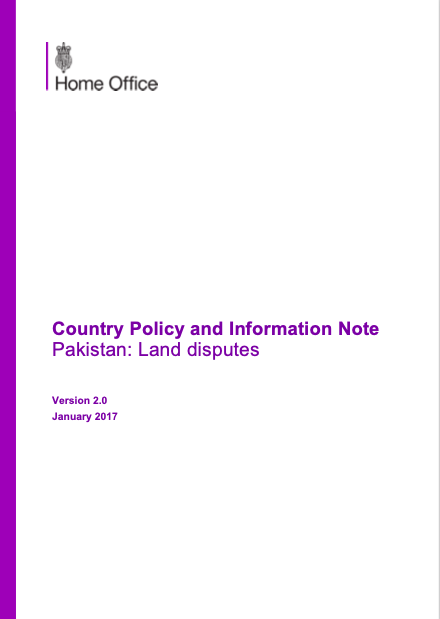The United Kingdom has historically played a leading role in developing parliamentary democracy and in advancing literature and science. At its zenith in the 19th century, the British Empire stretched over one-fourth of the earth's surface. The first half of the 20th century saw the UK's strength seriously depleted in two world wars and the Irish Republic's withdrawal from the union. The second half witnessed the dismantling of the Empire and the UK rebuilding itself into a modern and prosperous European nation. As one of five permanent members of the UN Security Council and a founding member of NATO and the Commonwealth, the UK pursues a global approach to foreign policy. The Scottish Parliament, the National Assembly for Wales, and the Northern Ireland Assembly were established in 1999. The latter was suspended until May 2007 due to wrangling over the peace process, but devolution was fully completed in March 2010.
The UK was an active member of the EU from 1973 to 2016, although it chose to remain outside the Economic and Monetary Union. However, frustrated by a remote bureaucracy in Brussels and massive migration into the country, UK citizens on 23 June 2016 narrowly voted to leave the EU. The so-called “Brexit” will take years to carry out but could be the signal for referenda in other EU countries where skepticism of EU membership benefits is strong.
Members:
Resources
Displaying 26 - 30 of 782Country Policy and Information Note Pakistan: Land disputes
This note provides country of origin information (COI) and policy guidance to Home Office decision makers on handling particular types of protection and human rights claims. This includes whether claims are likely to justify the granting of asylum, humanitarian protection or discretionary leave and whether – in the event of a claim being refused – it is likely to be certifiable as ‘clearly unfounded’ under s94 of the Nationality, Immigration and Asylum Act 2002.
Environmental Permitting (England and Wales) Regulations 2016 (S.I. 1154 of 2016).
These Regulations provide a consolidated system of environmental permitting in England and Wales. They transpose provisions of 15 Directives which impose obligations required to be delivered through permits or capable of being delivered through permits. They define the term “regulated facility” and require every regulated facility to be operated under the authority of an environmental permit.
Assured Tenancies and Agricultural Occupancies (Forms) (England) (Amendment No. 2) Regulations 2016 (S.I. No. 1118 of 2016).
These Regulations amend the Assured Tenancies and Agricultural Occupancies (Forms) (England) Regulations 2015 by substituting new Form 3 for the equivalent form prescribed in the principal Regulations. Schedule 3 sets out a notice of a property to let on an Assured Tenancy or an Assured Agricultural occupancy. Amendments have been made to reflect the new ground for possession under section 8 of the Housing Act 1988, ground 7B, which was introduced by section 41 of the Immigration Act 2016.
Land Reform (Scotland) Act 2016 (Commencement No. 4, Transitional and Saving Provisions) Regulations 2016 (S.S.I. No. 372 (C. 35)).
These Regulations make provision in relation to bringing into force sections 83 (core path plans) and 84 (access rights: service of court applications) of the Land Reform (Scotland) Act 2016. It also contains transitional provisions regarding "core path plans" as provided for by the Land Reform (Scotland) Act 2003. The effect of this is that anything done under the old law before 31st December 2016 will have effect as if it had been done under the new law.
Land Reform (Scotland) Act 2016 (Consequential and Saving Provisions) Regulations 2016 (S.S.I. No. 366 of 2016).
These Regulations amend the Organic Aid (Scotland) Regulations 1994 so as to provide with respect to succession of rights of occupation of an agricultural holding and provide certain exemptions to this amendment.
Implements: Land Reform (Scotland) Act 2016 (2016 asp 18). (2016-04-22)
Amends: Organic Aid (Scotland) Regulations 1994 (S.I. No. 1701 of 1994, S. 75). (1994-06-27)



